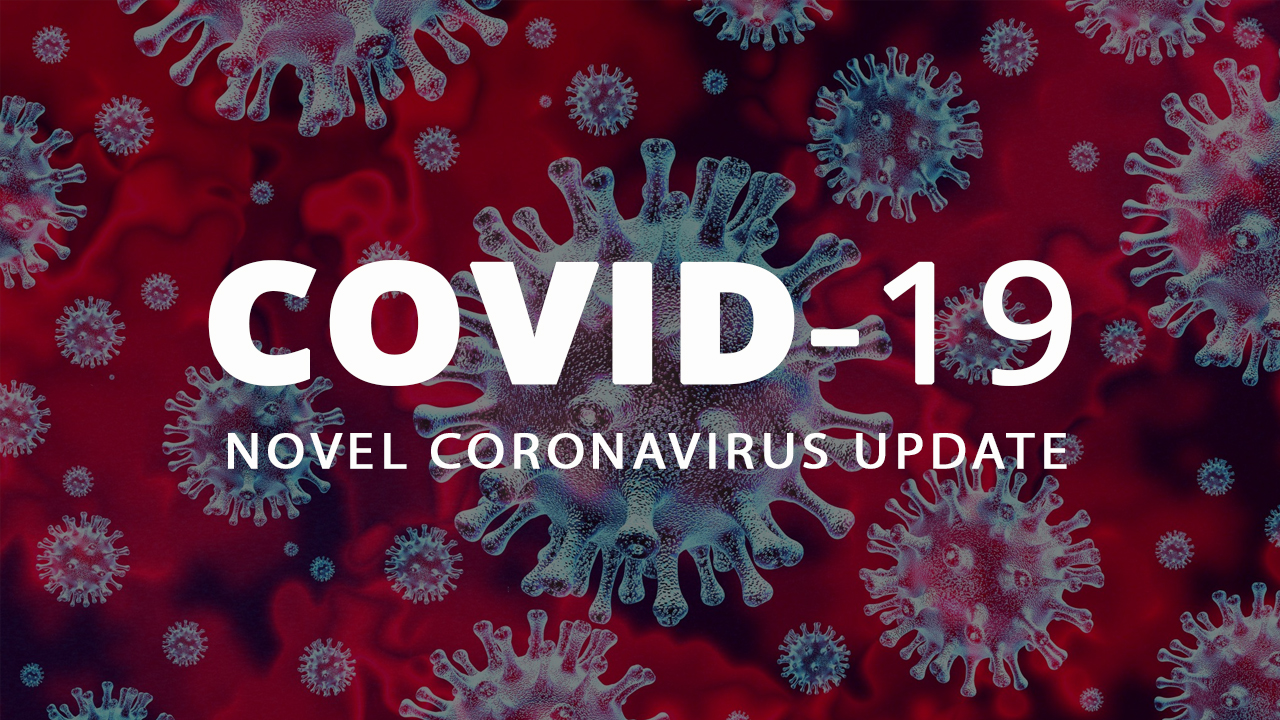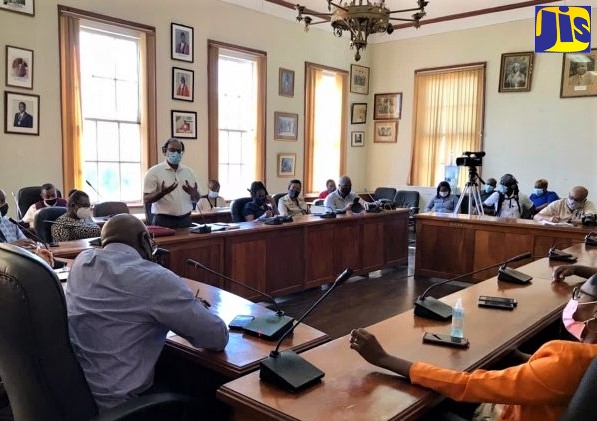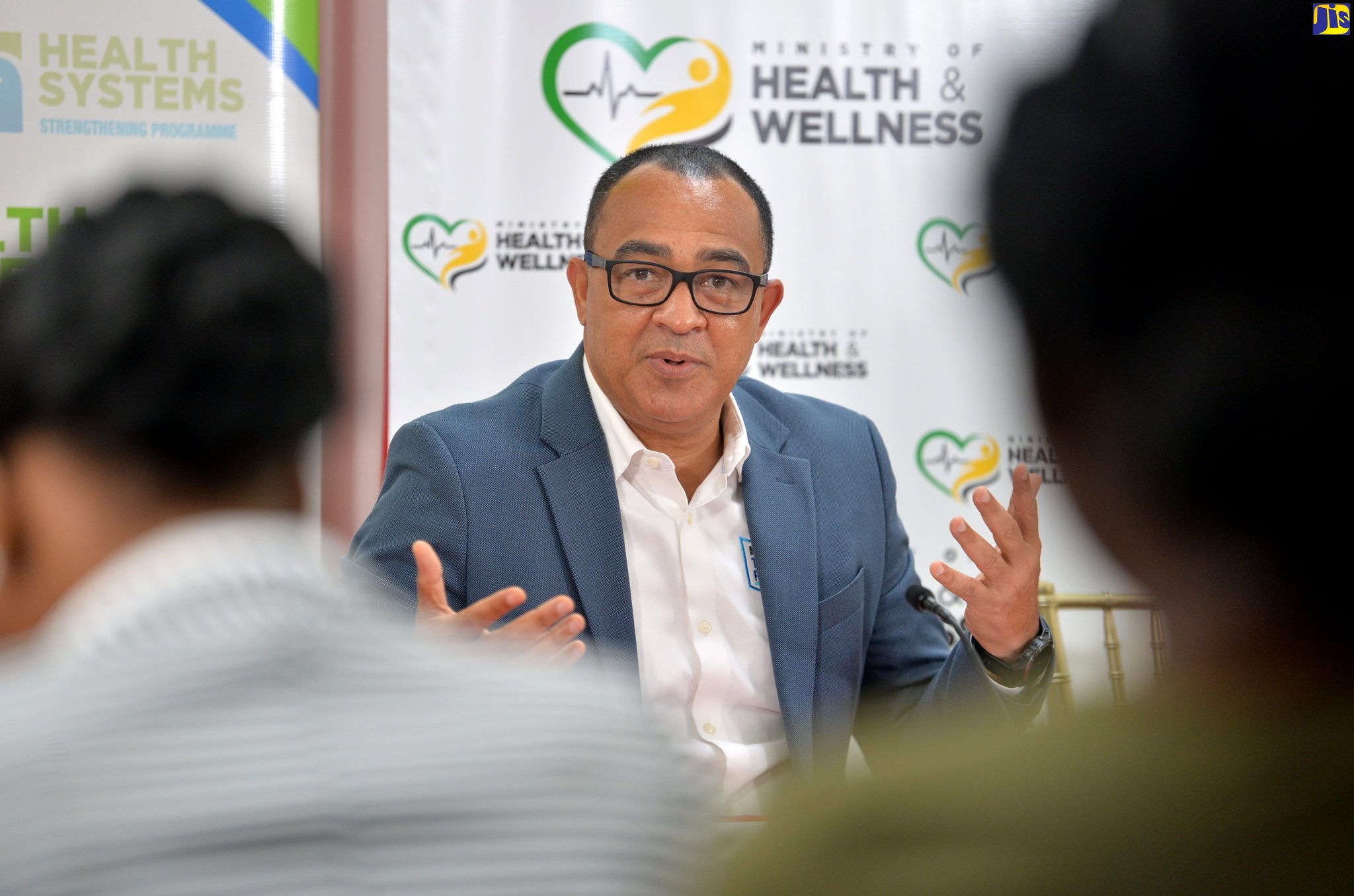
No Need to Panic – Health Minister
Despite the recent increase in the positivity rate of the coronavirus (COVID-19), Minister of Health and Wellness, Dr. the Hon. Christopher Tufton, is urging caution against panic. He said persons
According to the World Health Organisation (WHO), coronaviruses (CoV) are a family of viruses known to cause respiratory illnesses ranging in severity from the common cold to Middle Eastern Respiratory Syndrome (MERS) and Sudden Acute Respiratory Syndrome (SARS). A novel coronavirus (nCoV) is a new strain that has not been previously identified in humans.
The virus can be transmitted from animals to humans and between humans by physical contact or through the air.
Symptoms of the virus include acute onset of fever (over 38 degrees Celsius) and flu-like symptoms, including coughing and sneezing, as well as breathing difficulties.

Despite the recent increase in the positivity rate of the coronavirus (COVID-19), Minister of Health and Wellness, Dr. the Hon. Christopher Tufton, is urging caution against panic. He said persons

The Ministry of Health and Wellness notes the decision by the World Health Organization (WHO) to declare an end to the public health emergency of international concern (PHEIC) and transition

Citizens of Westmoreland are being encouraged to take the COVID-19 shot as unvaccinated persons are still being hospitalised with the illness. The advice came from Medical Officer of Health for

Measures being undertaken by the United Nations Children’s Fund (UNICEF) to ensure equitable access to COVID-19 vaccines have been bolstered through a donation of Can$70 million. The funds, provided through

Medical Officer of Health (MOH) for Hanover, Dr. Kaushal Singh, is imploring residents and visitors to the parish not to drop their guard and to continue to protect themselves against

Jamaica’s continued response to the COVID-19 pandemic has been given a major boost through support from the Canadian Government to the Pan American Health Organization (PAHO). Canada’s Minister of International

Jamaica’s monkeypox and COVID-19 infection levels remain low as the Ministry of Health and Wellness continues efforts to curtail the viruses’ spread across the island. Portfolio Minister, Dr the Hon.
The World Bank is reporting that Latin American and Caribbean (LAC) economies have largely recovered to pre-COVID-19 pandemic levels, and the region “has regained some sense of normalcy”. “Employment levels
The methods of preventing or decreasing the spread of the coronavirus are numerous. The Ministry of Health and Wellness (MOHW) recommends practising good personal hygiene and food safety, and exercising caution while travelling as vital ways to avoid the potentially deadly virus.
Practise Good Personal Hygiene
Practise Food Safety
